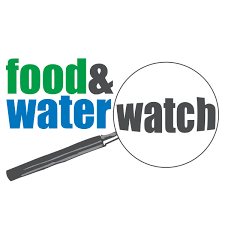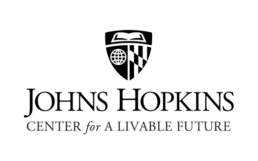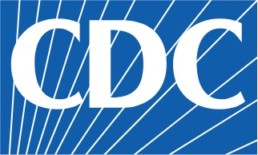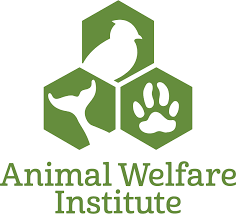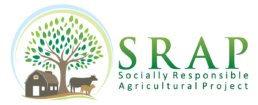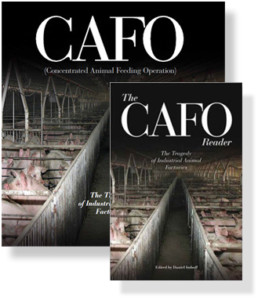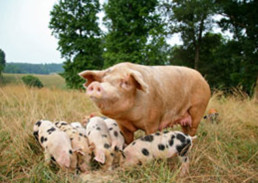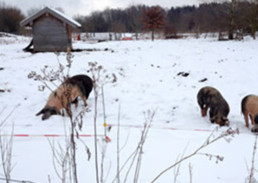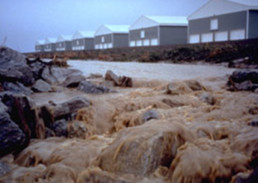Humanity’s rapidly escalating consumption of meat, eggs and dairy products—from ever more crowded factory farms—is a matter of great concern. Antibiotic resistant diseases are on the rise, fresh water is being polluted, animals are treated like machines, and our world is literally heating up from the food we eat. Our CAFO book project is the most graphically powerful exposé of factory animal production published to date. Its ultimate message is that we can and must develop more humane, ecologically intelligent and socially just ways to feed ourselves without destroying the planet.
Books

2011 Nautilus Gold Awards Winner in the category of conscious Media/Journalism /Investigative Reporting
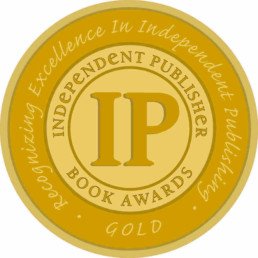
IPPY (Independent Publisher Books Awards) in the Category "Most likely to save the planet"
CAFO the tragedy ofindustrial farming
CAFO Reader is a collection of essays by more than 30 of today’s leading thinkers on one of the most important environmental and ethical issues of our time: the rise of Concentrated Animal Feeding Operations, or CAFOs, where increasing amounts of the world’s meat, dairy, eggs, fish, and seafood are produced.
Visit: cafothebook.org
CAFO the tragedy ofindustrial farming
CAFO Reader is a collection of essays by more than 30 of today’s leading thinkers on one of the most important environmental and ethical issues of our time: the rise of Concentrated Animal Feeding Operations, or CAFOs, where increasing amounts of the world’s meat, dairy, eggs, fish, and seafood are produced.
Visit: cafothebook.org
Videos
Essays
HOW You Can Help
-
Know your food.
Think about land use, health costs, social costs, animal welfare and the carbon footprint of food production
-
Refine, Reduce and Replace Animal Products.
Consider eating smaller amounts of animal food products, participate in Meatless Mondays, and source animal products from the local farmers’ market or CSA.
-
Read Labels.
Labels on animal products can be misleading. Brush up on what all those labels really mean here.
-
Go Antibiotic Free.
Select certified organic meats, eggs, and dairy and those clearly labeled as using only vegetarian animal feed. Look for the Humane Farm Animal Care label adnd the terms “USDA Certified Organic” or “no antibiotic use.” Join our efforts to end the abuse of antibiotics in agriculture by signing the petition here.
-
Honor Where Your Food Comes From.
Consider spending a little more on better sources and better qualities of meat and animal products, a little less often. Learn as much as you can about bringing the most flavor out of your cooking. Don’t support companies who don’t care about animal rights.
Click here to print a complete list of actions you can take in your everyday life.
Collaborators
